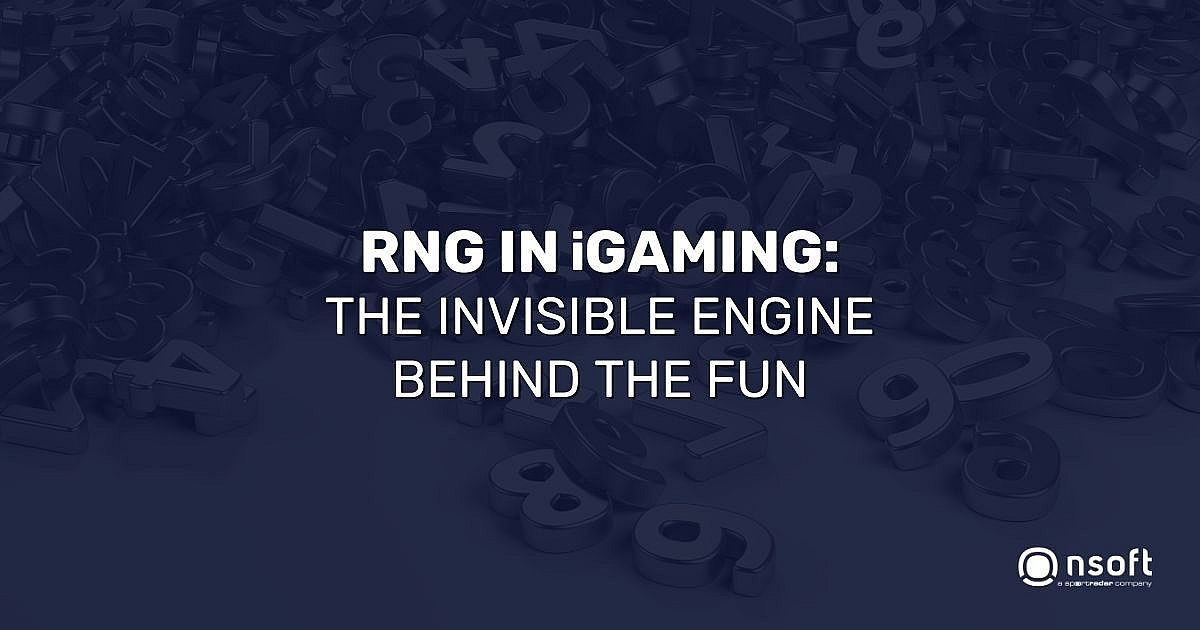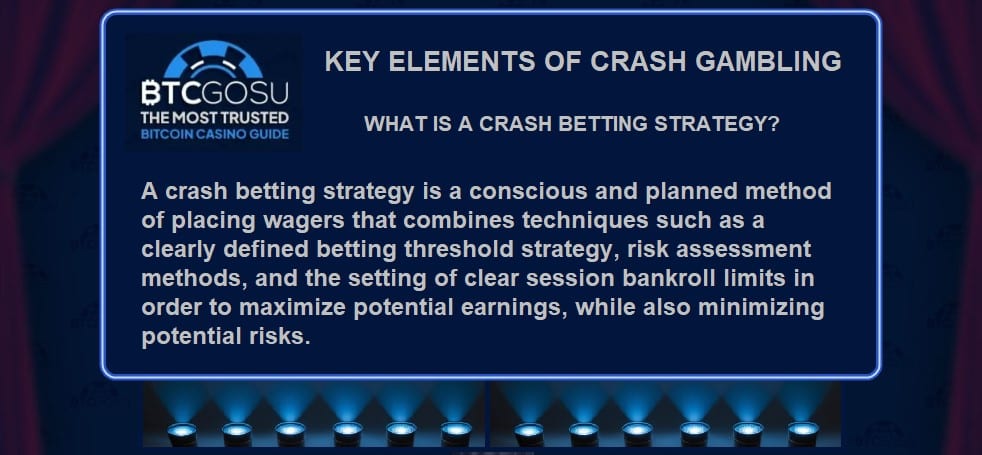The pursuit of substantial rewards in gaming is a thrilling venture, attracting countless players eager to test their luck and skill. In this exciting landscape, understanding the mechanics behind achieving noteworthy outcomes becomes paramount. With a focus on implementing robust methods, operators can enhance player experiences while ensuring fair play.
The intersection of player excitement and ethical gaming practices cannot be overlooked. As enthusiasts chase substantial rewards, the principles of responsible gambling emerge as a guiding light. These values empower individuals to engage while maintaining control, transforming gaming from a mere pastime into a responsible activity that prioritizes player well-being.
By addressing the intricate dance of fairness and player satisfaction, stakeholders can forge a path toward remarkable results. As the industry continues to evolve, the emphasis on transparency and accountability grows ever more significant, creating an environment where players can thrive without compromising their experience. This balance is essential in cultivating a sustainable future for all involved.
Understanding the RNG Certification Process for Gaming Applications

In the competitive environment of gaming applications, it is crucial for licensed operators to ensure their products meet stringent standards. The process of validation encompasses multiple phases that assess the fairness and unpredictability of outcomes generated by software. This is particularly significant for games focusing on high returns, such as those featuring daily missions or offering thrilling cash sessions with small stakes.
Each application undergoes rigorous testing, which often includes simulations based on a sophisticated physics engine. This evaluation verifies that the game mechanics operate flawlessly, delivering excitement and variety for players. For mobile app developers, adhering to these standards not only ensures compliance but also fosters trust among users who engage in responsible gambling.
Players looking to enjoy experiences like plinko online benefit from environments where results are reliably produced. The emphasis on randomness is not just about fairness; it’s also about providing exhilarating gameplay that keeps users returning for more. Such dynamics, along with the commitment to ethical practices, contribute to the flourishing of the gaming sector.
Key Metrics for Evaluating RNG Performance in High Multiplier Scenarios
In the realm of gaming, assessing performance metrics is crucial for licensed operators aiming to boost their success rate with multiplier features. Daily missions play a significant role in driving user engagement and promoting retention. Understanding how players interact with these missions can provide valuable insights into game dynamics.
Stake limits are another critical component to analyze. By determining optimal bet amounts, operators can enhance the user experience and maximize player satisfaction while ensuring a balanced risk-reward structure. It’s essential to monitor how these limits influence player behavior and their overall engagement levels.
The rise of mobile apps has transformed accessibility, allowing users to participate whenever they desire. Monitoring app performance metrics, such as load times and user interface responsiveness, can highlight how well the platform meets player needs. Ensuring a seamless gaming experience across devices can further encourage participation in multiplier scenarios.
Licensed operators should consistently track these metrics to develop an understanding of their offerings. Analyzing player feedback and performance data will guide adjustments that enhance the overall experience, leading to higher conversion rates and increased player loyalty.
Common Pitfalls in RNG Testing and How to Avoid Them

When evaluating random number generators, several challenges may arise that can lead to inaccurate outcomes. One of the most frequent issues is inadequate stake limits, which can result in misleading results during testing phases. Setting appropriate boundaries for stakes ensures that the simulations reflect realistic conditions, reducing the possibility of unexpected behavior.
Another common mistake is neglecting the importance of daily missions or tasks that assess different aspects of the system. Failing to conduct a variety of tests can result in blind spots where potential flaws might remain hidden. Regularly rotating test scenarios can help surface these issues before they become problematic.
Utilizing a mobile app for testing, while convenient, can sometimes introduce unforeseen variables. It’s essential to ensure that the app accurately replicates the same conditions that players encounter on desktop platforms. Differences in performance or response times may alter the testing outcomes significantly.
Lastly, focusing exclusively on extreme scenarios, such as high multiplier outcomes, could misrepresent the system’s functionality. A balanced approach that includes normal play patterns is advisable to achieve a comprehensive understanding of the generator’s behavior.
Implementing Best Practices for Ensuring Compliance with RNG Standards

Creating a successful mobile application requires adhering to rigorous standards. Ensuring fairness and randomness in gameplay is paramount, particularly for environments focused on small stakes and cash sessions.
Here are several key practices that developers should consider:
- Variance Control: Implementing robust variance control mechanisms helps maintain balanced outcomes. Regularly analyzing game performance can identify any discrepancies in expected results.
- Audit Trails: Establish transparent audit trails for all operations. This not only enhances trust but also simplifies compliance checks by external reviewers.
- Testing Protocols: Regularly conduct thorough testing of algorithms. Utilize both automated tools and manual assessments to verify randomness and fairness in game outcomes.
- Player Feedback: Encourage feedback from users to uncover any potential issues. Engaging directly with the player community can provide insights into the perceived fairness of the gaming experience.
- Continuous Monitoring: Actively monitor game results in real time. This assists in quickly identifying any anomalies that could impact player experience, especially during cash sessions.
By integrating these best practices, developers can enhance player trust and engagement, ultimately contributing to the success of their small stakes gaming applications.
Q&A:
What are the main strategies for RNG certification discussed in the article?
The article outlines several strategies for RNG (Random Number Generator) certification, emphasizing the importance of stringent testing protocols, transparency in the RNG algorithms, and adherence to industry standards. It suggests that a combination of third-party audits and continuous monitoring can significantly enhance the credibility of RNG systems. Moreover, building a solid relationship with certification bodies and staying updated on regulatory changes are also highlighted as critical components of a successful RNG certification strategy.
How does RNG certification impact the success of gaming products with high multipliers?
RNG certification plays a crucial role in ensuring the fairness and integrity of gaming products, especially those featuring high multipliers. Players are more likely to trust and engage with games that are certified, knowing that the outcomes are random and not manipulated. This trust leads to increased player retention and loyalty, ultimately driving greater revenue generation for developers. Without proper certification, the risk of distrust among players can result in reduced engagement and financial losses.
What are some challenges faced by companies in obtaining RNG certification?
Companies seeking RNG certification often encounter various challenges, such as the complexity of regulatory requirements, the need for thorough documentation, and the potential for lengthy approval processes. Additionally, maintaining compliance with evolving standards can be daunting. Companies must invest time and resources into regular testing and audits, which may strain their operational budgets. The article also notes that lack of knowledge or experience in the certification process can lead to missteps that delay obtaining certification.
What role do third-party auditors play in the RNG certification process?
Third-party auditors are instrumental in the RNG certification process, as they provide an unbiased evaluation of the RNG systems. Their assessments help verify that the algorithms produce truly random results and comply with industry standards. These auditors often conduct rigorous testing, including statistical analysis and system inspections, to ensure that the RNG is functioning correctly. By leveraging third-party expertise, companies can enhance the credibility of their certification claims, making their gaming products more appealing to players and regulators alike.
How can companies stay updated on regulatory changes related to RNG certification?
To remain informed about regulatory changes affecting RNG certification, companies should engage in continuous education and networking within industry groups and forums. Subscribing to newsletters from regulatory bodies and industry associations can also provide valuable insights. Attending conferences and workshops related to gaming and technology can enhance understanding of emerging trends and legal requirements. Additionally, establishing communication channels with certifying agencies can facilitate timely updates on changes that may impact RNG practices.
